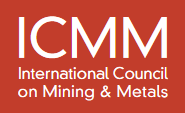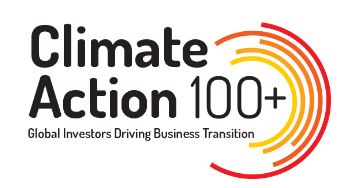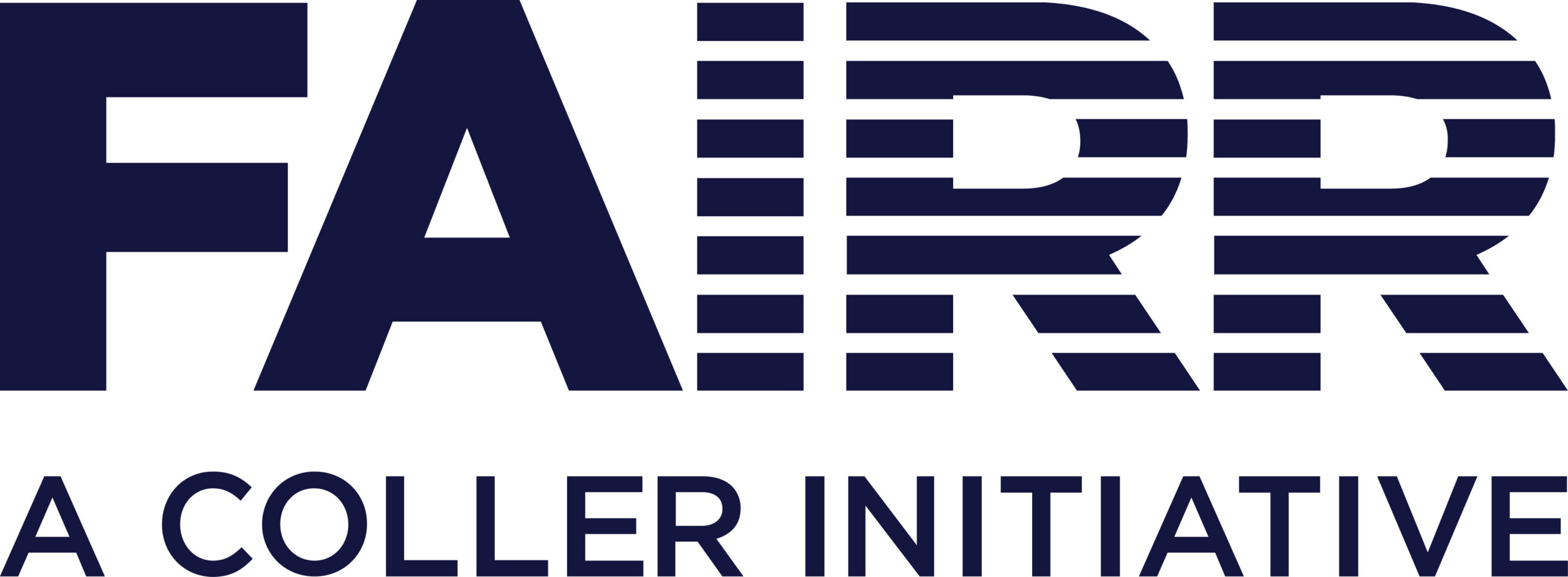In addition to the Council on Ethics’ core task of influencing the actions of a number of companies through dialogue, the Council supports a number of international initiatives that reflect its position as an investor and improve corporate responsibility.
PRI – Principles for Responsible Investment
The four AP funds in the Council of Ethics have all signed the UN-backed Principles for Responsible Investment (PRI), thus supporting the idea that investors should take the social and environmental aspects of their operations into account.
PRI is also an important platform for cooperation between international investors. Together with other investors, the Council on Ethics and the AP Funds, both through direct engagement and public support for various initiatives, demonstrate the importance that asset owners place on environment and social issues, and that we as owners monitor companies’ progress on these issues.
IIGCC – Focus on Climate Change

All AP Funds in the Council on Ethics are members of the Institutional Investor Group on Climate Change (IIGCC) which is a forum for European investors on climate issues. The Group is committed to voicing investors’ views on climate issues and to helping companies, government agencies and fellow investors appreciate the long-term risks and opportunities associated with climate change.
The climate issue is of crucial importance to the AP Funds as a long-term investors. Currently, there is considerable uncertainty about future regulations and the framework envisaged for cutting greenhouse emissions and stimulating alternative sources of energy. This makes it difficult for companies to invest profitably and for investors to predict risk and return. IIGCC provides an efficient platform for promoting investors’ wishes concerning the climate issue. It is also a good way for the Fund to stay abreast of the latest information on various climate-related investments.
ICMM – Sustainability in the Metals and Minings industry

The trade association International Council of Mining and Metals (ICMM) works for a fair, secure and sustainable mining and metal industry. The members are large international mining and metal companies as well as regional organizations. They have developed ten sustainability principles that their members have committed to follow.
P1 Implement and maintain ethical business practices and sound systems of corporate governance.
P2 Integrate sustainable development considerations within the corporate decision-making process.
P3 Uphold fundamental human rights and respect cultures, customs and values in dealings with employees and others who are affected by our activities.
P4 Implement risk management strategies based on valid data and sound science.
P5 Seek continual improvement with regard to health and safety performance.
P6 Seek continual improvement of our environmental performance.
P7 Contribute to conservation of biodiversity and integrated approaches to land use planning.
P8 Facilitate and encourage responsible product design, use, re-use, recycling and disposal of our products.
P9 Contribute to the social economic and institutional development of the communities in which we operate.
P10 Implement effective and transparent engagement, communication and independently verified reporting arrangements with our stakeholders.
UNGP – UN Guiding Principles on Business and Human Rights

John Ruggie, former UN’s special representative for human rights in business, developed the framework ”Guiding Principles on Business and Human Rights: Implementing the United Nations Protect, Respect and Remedy Framework”.
The framework comprises three pillars with principles that provide guidance to companies in their work with human rights.
- The state duty to protect against human rights abuses by third parties, including business.
- The corporate responsibility to respect human rights.
- Greater access by victims to effective remedy, both judicial and non-judicial.
Governments still bear the fundamental responsibility for safeguarding human rights, but John Ruggie’s principles clarify how companies should act. For example, companies need to carry out a due diligence of human rights issues, which for investors may facilitate the analysis of companies’ risk management and any violations that arise. Such an assessment can also form the basis of dialogues with companies.
Climate Action 100+

Climate Action 100+ engages more than 100 companies with the largest greenhouse gas emissions in the world. Companies are urged to take the necessary steps to ensure that their greenhouse gas emissions are in line with the Paris Agreement. A large number of the companies have agreed to make such a commitment. Although it is positive that so many companies want to be a pioneer, a lot of work remains to be done for more to follow suit. Since the launch of Climate Action 100+ in December 2017, more than 700 investors with over $68 trillion in assets under management have joined the initiative.
Investor Initiative on Hazardous Chemicals (IIHC)

The four AP funds are individually and jointly through the Council on Ethics active members of the IIHC, a collaboration of more than 50 international investors with over $11 trillion of assets under management or advice. IIHC engages chemical companies to increase transparency and stop producing ‘forever chemicals’. Extremely persistent man-made chemicals accumulate in the environment, humans and animals, thereby posing serious health risks. Coordinated by Chemsec, an expert on hazardous chemicals, IIHC aims to contribute to reduced human and environmental impacts from the manufacture of hazardous chemicals, thereby also reducing investment risks in chemicals companies that may face related litigation, regulation and threats to license to operate.
The FAIRR Initiative

The Council on Ethics is a member of FAIRR, a collaborative investor network that raises awareness of issues linked to intensive animal production and seeks to minimise the ESG risks within the broader food system. The network includes over 370 members globally, representing over $70 trillion in combined assets. From FAIRR’s collaborative engagement projects, the Council on Ethics currently participates in those addressing anti-microbial resistance (AMR). An estimated 70% of global antimicrobial use by volume occurs in animal agriculture. Accordingly, the two related FAIRR engagements seek to encourage responsible use of antibiotics in line with WHO guidelines across the animal protein value chain, from animal pharmaceutical companies to fast-food restaurant chains.
Ceres’ Valuing Water Finance Initiative

Ceres is a nonprofit organization driving multi-stakeholder action to solve the world’s greatest sustainability challenges. The Council on Ethics is a member of Ceres’ Valuing Water Finance Initiative, a collaborative investor effort to engage 72 companies with a high water footprint to value and act on water as a financial risk and drive the necessary large-scale change to better protect water systems. The network includes more than 90 investors representing USD 17 trillion in assets. The engagement centres on six science-based, actionable expectations addressing water quantity, water quality, ecosystem protection, access to water/sanitation, board oversight and public policy engagement.

